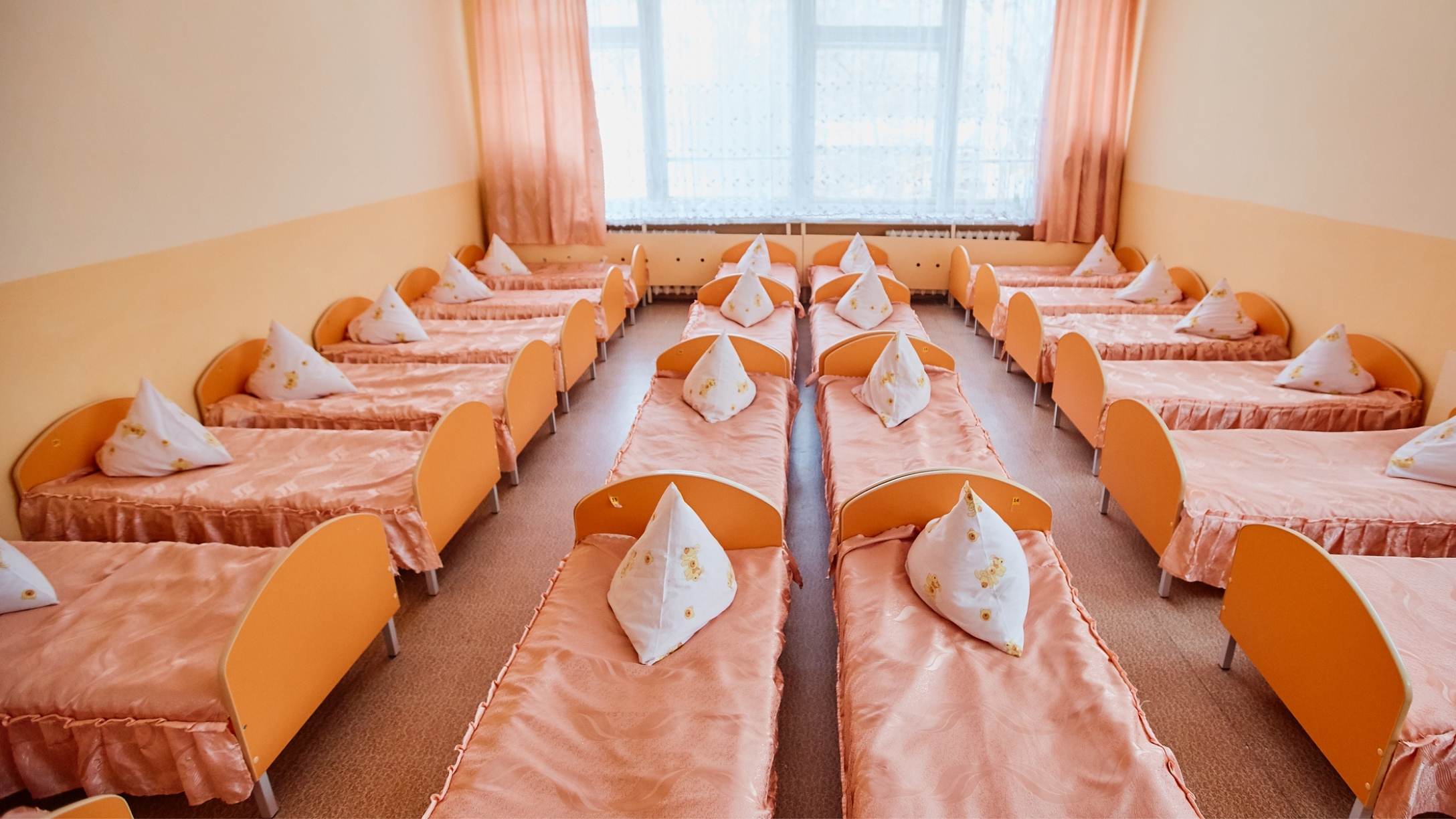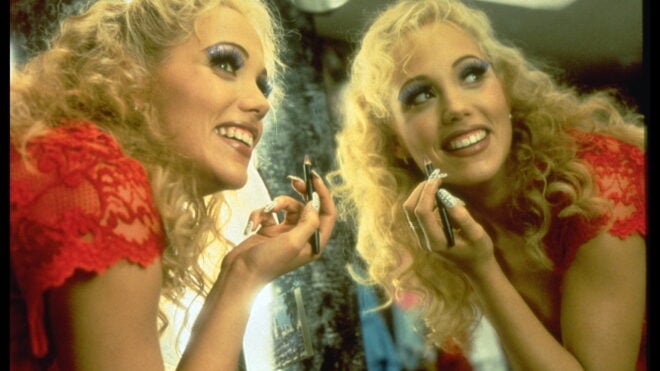
Foster care and adoption aren't perfect systems today, but they've come a long, long way from the practices of the Victorian era.
In the 19th century, people in the US and UK faced many perils when it came to parenthood. Many women found themselves pregnant and birthing children they could not afford in this time before the development and widespread use of birth control. There were many choices open to women who could afford to spend on the issue, but for those who couldn't, the options were slim.
To solve that problem, a new practice began in the countryside, called "baby farming." Women who were willing to take in children could do so and raise them in the country, which was seen as having a better quality of life than the dangerous, polluted cities of the time. But not all the women who took to the practice had pure intentions, leading to some horrific crimes.
In the Victorian era, women were seen as nurturing figures. Today, we know that not all women desire to be moms or nurturers, and not all people who want to have kids and nurture others are women. At that time, however, the assumption went, so no one thought twice about why a woman would want to head up a "baby farm."
It was simply assumed they were working diligently to raise happy and healthy children, but that wasn't always the case. Rapid urbanization and industrialization meant city families relied more heavily on these country services.
In 1834, unwed mothers saw their first bit of assistance from parishes that offered them food, money, or clothing, but only if they went to live in a workhouse. Other women would find domestic work that let them live in a master's home, but they could not bring their child. Like other moms, they turned to baby farms as a temporary fix.
As more women left their children with "baby farmers," more untrained women were taking on the task of raising children for cash. As they figured out ways to take in multiple children, the quality of care suffered, and there were no systems of regulation in place, resulting in many babies sent to baby farms not surviving infancy.
Some women deliberately let babies die, reasoning they would make room for a new baby and a continuance of income. This led to some notorious killers coming out of the baby farming industry.
One of them was Amelia Dyer. A widow and trained nurse, her initial intentions getting into the practice seemed to be pure, and she did deliver care to her earliest charges.
Something changed over time, however. Children in Dyer's care began dying of starvation and neglect. She then began using the opiate-laced syrup "Mother's Friend" to quiet the children during their deaths. Eventually, she moved to strangling them to quicken her turnover rate.
It got to be so extreme that Dyer raised suspicions around her. In 1879, she was arrested after a doctor became suspicious about all the babies who died in her care. She was charged with neglect and sentenced to six months of hard labor, but she returned to the practice after she served her time.
Dyer spent the next few years moving around, watching and killing babies and disposing of the bodies on her own. She was arrested after the body of one child washed up in the Thames River. Though she was only convicted of that one murder (and hanged for it), it's believed she killed over 400 babies.
Margaret Waters was the first woman to be hung for baby farming in the UK. She took to the practice after the death of her husband in 1864. She would adopt children for a small fee, then allegedly foster them out to others. Instead, she killed as many as 19 by starving them using opiates to suppress their appetites.
She was convicted of just one death, but it led to major change. Waters was the inspiration for the Infant Life Protection Act of 1872, which required boarding homes with more than two children under 1 year of age to be regulated and inspected.
In 1903, two women named Amelia Sach and Annie Walters were convicted of killing babies via baby farming. Their setup allowed pregnant women to come stay in a home, give birth, then allow them to adopt the baby. Once the women left, Sach and Walters would kill the babies and dispose of their bodies in the Thames.
Eventually, their landlord alerted authorities. They had killed 12 children altogether, and both were hung.
Baby farming is clearly an ugly part of history, but it led to improvements in the systems we continue to use today. It was the first time that people realized people could obtain children for unjust and abusive reasons and that not just anyone should be allowed to adopt or foster a child.




